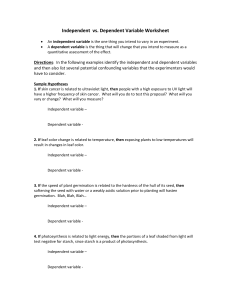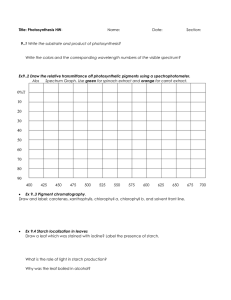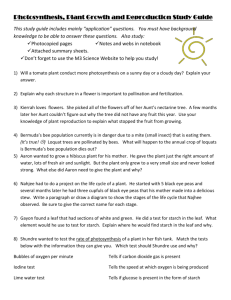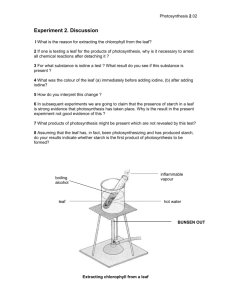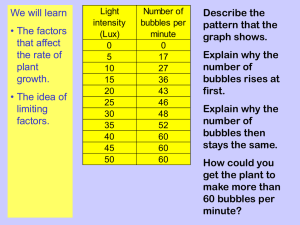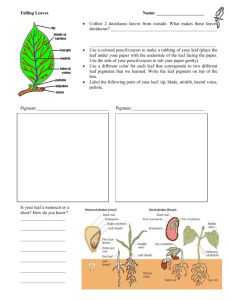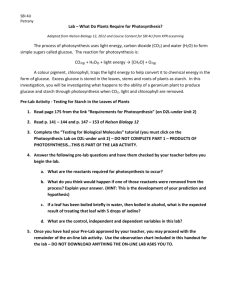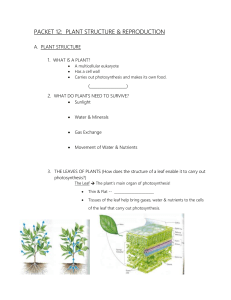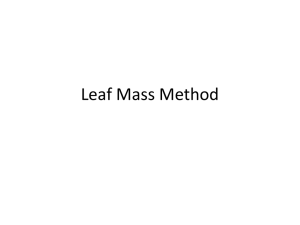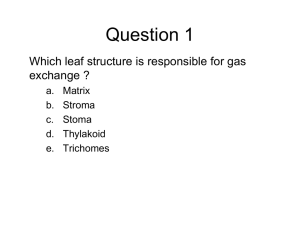Independent versus Dependent Variable Worksheet
advertisement
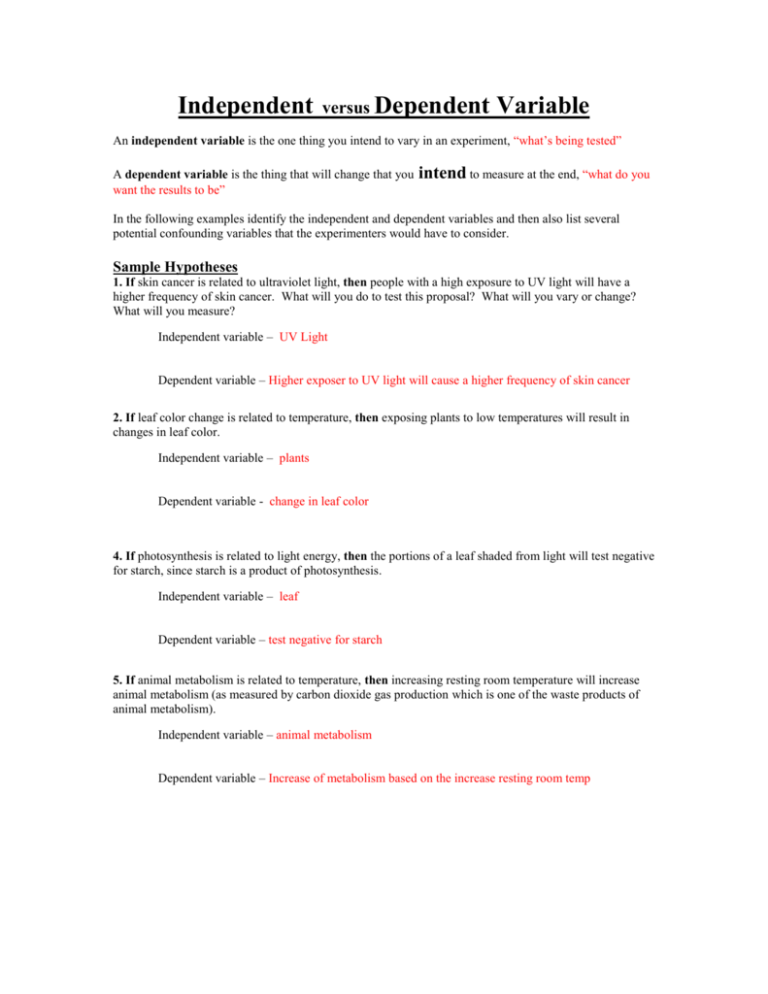
Independent versus Dependent Variable An independent variable is the one thing you intend to vary in an experiment, “what’s being tested” A dependent variable is the thing that will change that you want the results to be” intend to measure at the end, “what do you In the following examples identify the independent and dependent variables and then also list several potential confounding variables that the experimenters would have to consider. Sample Hypotheses 1. If skin cancer is related to ultraviolet light, then people with a high exposure to UV light will have a higher frequency of skin cancer. What will you do to test this proposal? What will you vary or change? What will you measure? Independent variable – UV Light Dependent variable – Higher exposer to UV light will cause a higher frequency of skin cancer 2. If leaf color change is related to temperature, then exposing plants to low temperatures will result in changes in leaf color. Independent variable – plants Dependent variable - change in leaf color 4. If photosynthesis is related to light energy, then the portions of a leaf shaded from light will test negative for starch, since starch is a product of photosynthesis. Independent variable – leaf Dependent variable – test negative for starch 5. If animal metabolism is related to temperature, then increasing resting room temperature will increase animal metabolism (as measured by carbon dioxide gas production which is one of the waste products of animal metabolism). Independent variable – animal metabolism Dependent variable – Increase of metabolism based on the increase resting room temp
